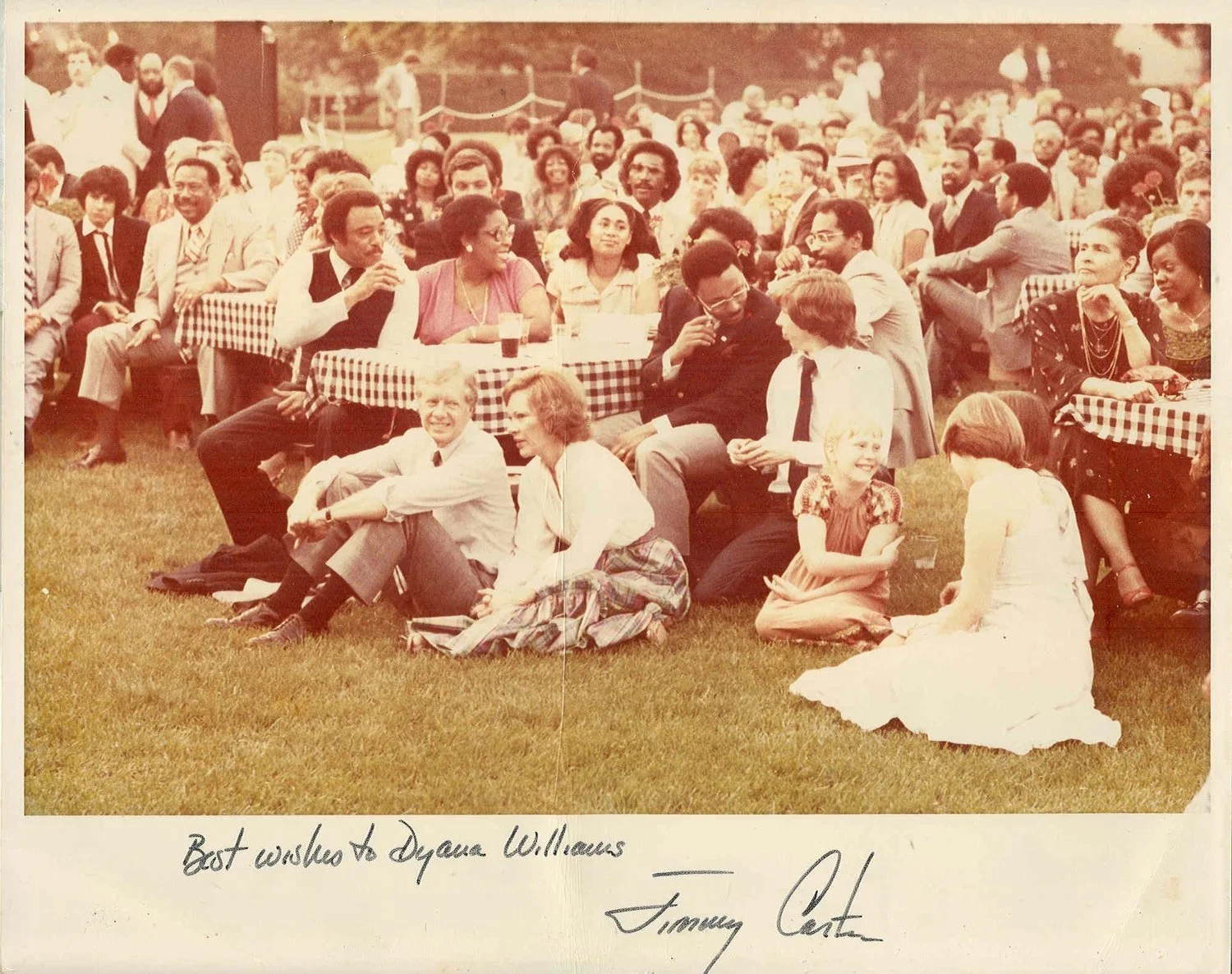Black Music Month
The first Black Music Month Celebration, 1979 (The Dyana Williams Archive)
BLACK MUSIC MONTH SHOULD BE CELEBRATED AT A HIGH REGARD.
A major part of our history involves the efforts made by musicians and those in the music industry, including Kenny Gamble.
The Philly soul producer (half of the songwriting duo Gamble and Huff) took a trip to Nashville, and was inspired by the city’s efforts to promote and celebrate country music. With Nashville’s Country Music Association as well as their celebration of Country music in October, an idea was sparked.
In 1978 along with Leon Huff, Dyana Williams, DJ Ed Wright and others, Kenny Gamble started the Black Music Association. He saw it as “an economic opportunity to promote and market Black music.” This entailed building a network with many influencers including Rev. Jesse Jackson and Berry Gordy, which Gamble attributes Gordy’s Motown Records as the model.
By 1979, The very first Black Music month was honored with a decree by President Jimmy Carter and celebrated on the White House lawnin the form of a picnic with manyof those in the industry in attendance.
Black Music Month still reigns with Dyana Williams in the forefront. Over-time, Williams has overseen its growth as President Bill Clinton made it an official proclamationin the year 200. In 2009, President Barack Obama renamed it “African-American Music Month,” yet it’s still referred to as its more popular name.
“To Preserve and Protect Black Music”
— KENNY GAMBLEThe relevance of Black Music is deeper than just the voices of Black people over a beat — it sets a tone for our experiences.
To “preserve, protect and perpetuate Black music” is to give it the recognition it deserves. It’s about about protecting the integrity of the subgenre and the impactful influence music made by Black artists has on the world.
When Kenny Gamble solidified a network with those who were influential in the Black community, his thought was to stick together in order to break barriers that were put in place to hold us back.
ON A MORE COMMON NOTE:Everything from celebratory moments to political movements, messages of solidarity as well as tracks that salute our uniqueness as a culture, Black music has become a voice for us at times when there seemed to be no other way for our voices to be heard. We have taken what we’ve experienced and made it a part of the soundtrack to the feelings we share, and the memories made in the process. Although others may indulge and genuinely love it, it’s a something that Black cuture holds dear to us because of the truths that are conveyed through song. Thse tracks are not only made for entertainment, but they are a testament to our history, and sometimes a stitch that bonds the past to the present.
